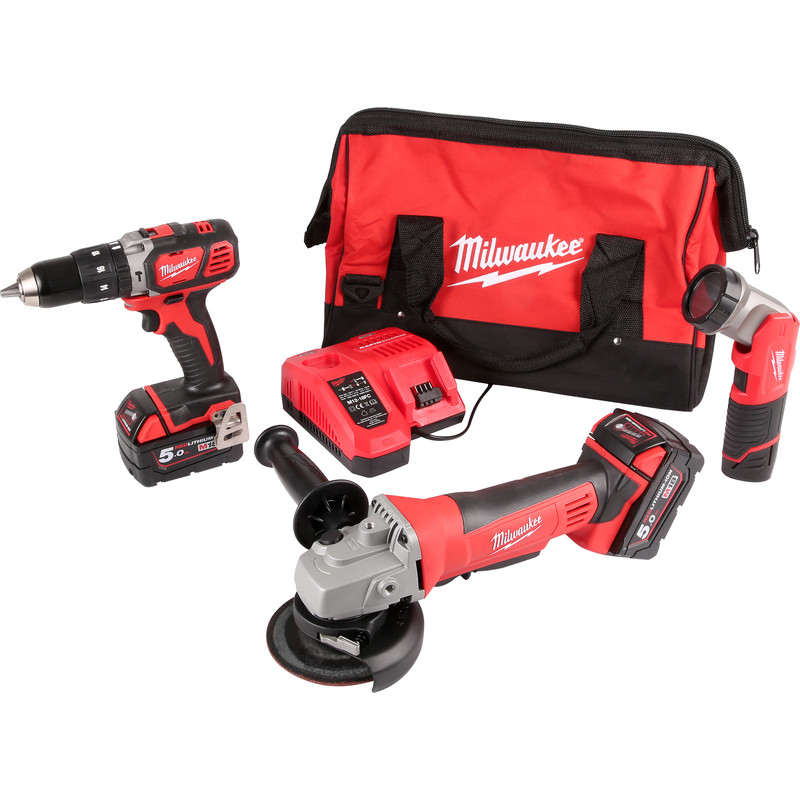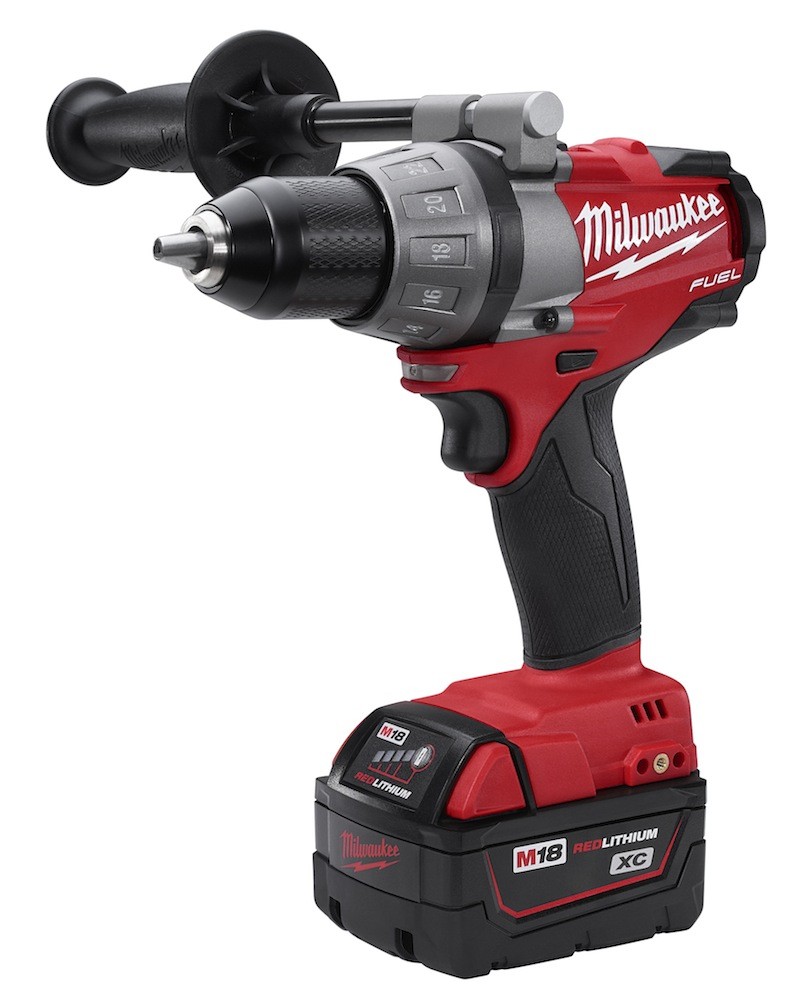
Includes one 1.3-aH battery, and it's the only 18-volt option with no case. Also has the lowest advertised power and speed specs. Craftsman CMCD700C1: Cheapest 18-volt drill on the list and picked up third place in the high-torque test.Includes two 1.3-aH batteries and a soft carrying case. Otherwise, unless you're a brand loyalist, you can find better options. Currently at $99, this is a no-brainer if you're trying to decide between the 12- or 18-volt DeWalt drill on this list. Includes two 1.5-aH batteries and a soft case. Not enough bang for the buck as the third most expensive 18-volt drill. Ridgid R860052K: Ridgid picked up second place in the low-torque tests and has a lifetime tool warranty.

Bosch GSR18V-190B22: See the 18-volt value pick for more insight.To keep the pricing comparison as level as possible, each of these includes the drill, a charger, one (or two) batteries and, in most cases, some kind of accessory to carry everything around.Īlong with the six drills above, here is a list of the other drills I tested, along with some context about why they didn't get the nod as best in class. You can find different bundles online and in your local big-box retailer, some with extra batteries, some with only one battery and some that are even packaged with other power tools or bare tools only. Hopefully you'll still at least have the option for the lightweight drill model.Īll of the drills I tested are brushed models that use a 12- or 18-volt battery. Soon, unless you need a smaller, lighter or less powerful tool, there will likely be no reason to choose 12-volt over 18-volt. But the price gap between 12- and 18-volt, and between brushed and brushless, continues to shrink. If you're planning on getting into more substantial work, longer use times or light construction, you're better off with an 18-volt.Īs far as price is concerned, you will typically pay more for 18- over 12-volt power tools, as well for brushless versions over brushed.

If you're only assembling Ikea furniture and hanging shelves, a 12-volt drill is all you need. Otherwise, assuming this is your first cordless tool, it comes down to two main factors - performance expectation and price. That's a great reason to stick with the brand and voltage you already own, unless you specifically need different features or you're looking to switch brands. For starters, if you own other cordless tools, the best cordless drill for you is the one you could share batteries with. But for more-production-oriented work, such as putting down decking or building a garden shed, they make a noticeable difference.If you're stuck on the kind of drill to buy, the answer can be complex. For around-the-house tasks, the added speed and power are often unnecessary. The well-positioned LED can also be switched on independently of the drill, a unique feature that makes it a rudimentary flashlight (which could come in handy in nearly any crawl space). Compared with our 12-volt pick, this larger drill completes tougher jobs much faster, doing the same work in less than half the time, with a battery that lasts longer.

This is a larger, 20-volt drill, but it shares all of the most important characteristics of the smaller, 12-volt DeWalt: It’s very powerful and extremely comfortable to hold and use, and the little convenience features, such as the belt hook and the case, are spot-on. If you take on projects that have you drilling lots of holes and sinking long screws, we recommend stepping up to the DeWalt DCD791D2 20V Max XR Li-Ion Brushless Compact Drill/Driver Kit. The DCD701F2 also comes with a nice belt hook, and the battery gauge is located on each battery rather than on the tool, so you can check batteries without having to insert them into the drill. And the LED is positioned so that it illuminates the drill front better than most. The battery is designed so that the drill can stand upright when not in use (other drills, like the runner-up Bosch, need to be placed on their side). The molded handle seems to account for every curve and bulge of the hand, making this drill the most comfortable we’ve ever held. The DeWalt drill’s power is on a par with that of some other models we looked at, but it particularly excels in ergonomics and convenience features. These results show the drill can handle just about anything within the four walls of a home, and even the occasional foray into more aggressive work, like a small decking repair. In our tests, it bored 30 1-inch holes through a 2-by-10 on a single battery charge. The DeWalt DCD701F2 Xtreme 12-volt drill combines power, comfort, and convenience in a way that none of the other tested drills do.


 0 kommentar(er)
0 kommentar(er)
